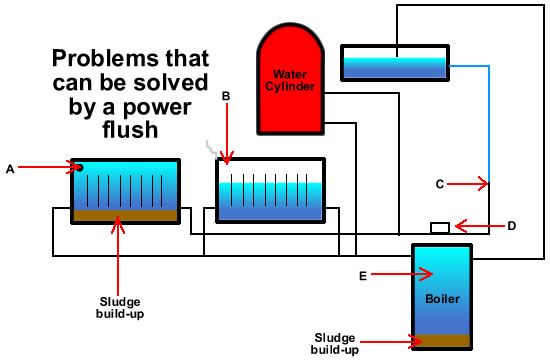Chemical flush central heating system cost: How Much Does it Cost to Flush Out a Central Heating System?
Power Flush Cost – How Much Is A Central Heating Power Flush?
Boiler Tips/Advice
25 June 2023
Written by Jamie Robinson
What is the cost of a boiler power flush?
Although a power flush is a great way to clean your central heating system out, it does not guarantee that it will be 100% effective.
Power flushes often require a skilled and qualified heating engineer familiar with the process therefore this can lead to high callout fees.
The price of central heating can vary depending on how many radiators are needed and your system’s complexity and it is essential to look at the cost of your power flush before you hire an engineer.
Is a power flush worth it?
Although a power flush is a helpful tool that can solve many specific problems, it does not necessarily resolve every central heating problem you might have especially if you have an old boiler so it may be cheaper in the long run to consider how much a new boiler costs instead.
Power flushing is used to clear the boiler and heating system from any sludge blockages or issues. This can cause pipes and radiators to become less efficient.
A power flush can improve energy efficiency.
While sludge can be removed from the system, it will cause a slow spread of dirty water around the system. The problem may be in the pipes.
Installing a new boiler won’t solve the problem, as the blockage will remain.
These blockages can reduce the efficiency of central heating systems and cause dirty boilers or radiators that will be more expensive to repair.
It doesn’t matter if it is rust or sludge in radiators or even limescale sludge buildup near the boiler.
Flushing the system will usually remove whatever remains.
What is a Power Flush?
A power flush is a process that flushes out the blockage with a burst of chemicals. This can often take at least half an hour.
It is a way to ensure that your heating system’s pipes are clear.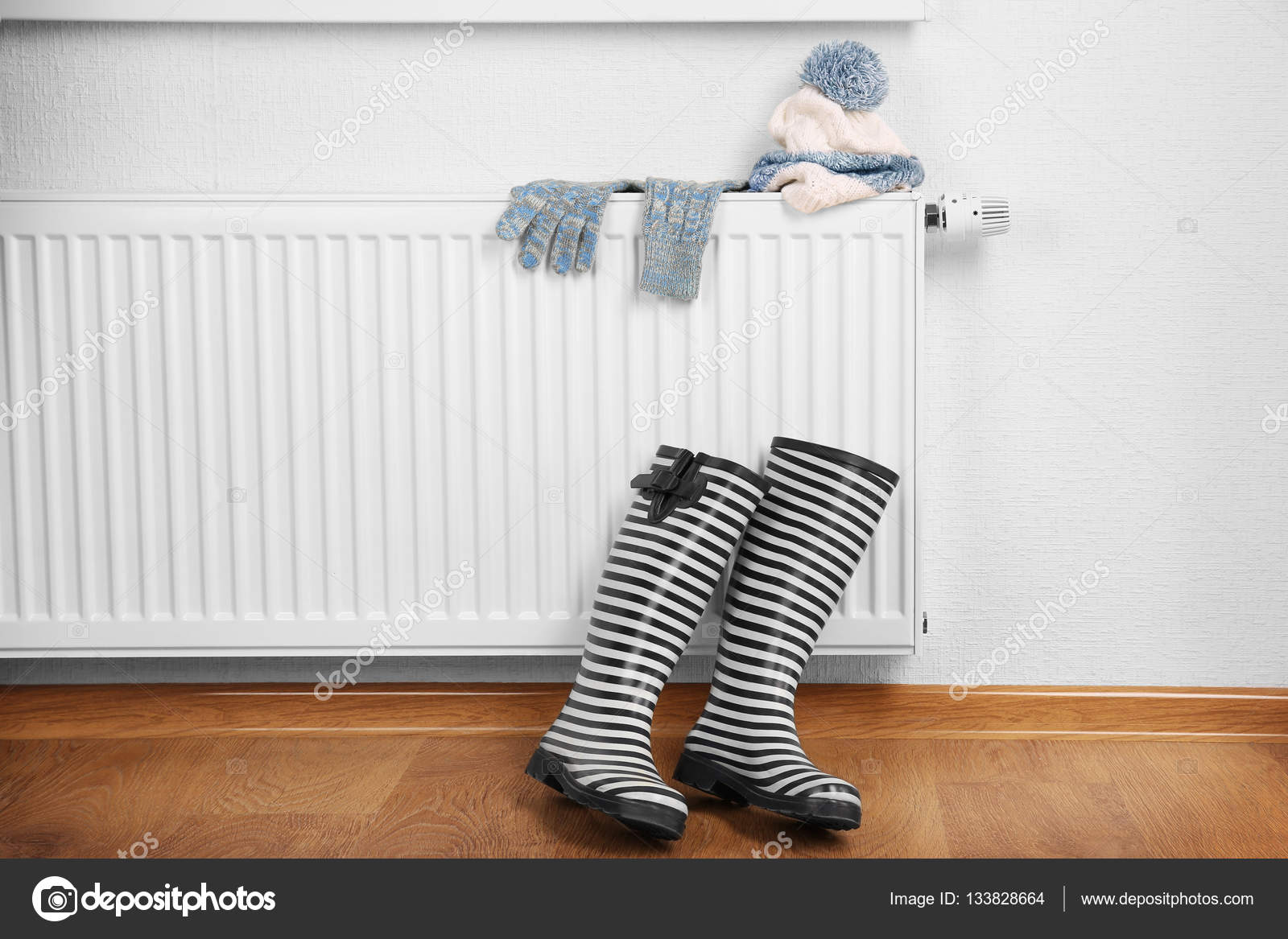
This prolongs their life span and increases efficiency.
Your system should be flushed to ensure no sludge is in the pipes, which can slow down heat transfer and water flow.
What is a Power Flush?
Establish consistent energy-efficient heating
A central heating power flush moves sludge blockages that can cause many problems, including cold spots in radiators.
This is because hot water cannot get around the system properly due to the sludge blocking a portion of the pipe.
Lower Bills
Your system will be more efficient if it turns a given amount of cold water into hot water at a lower cost.
This reduces fuel costs as you don’t have to purchase as much power or fuel to make the system work properly.
Increase reliability
Heating elements such as boilers and radiators require maintenance frequently.
However, dirty water and sludge may cause more severe damage and must be cleaned regularly.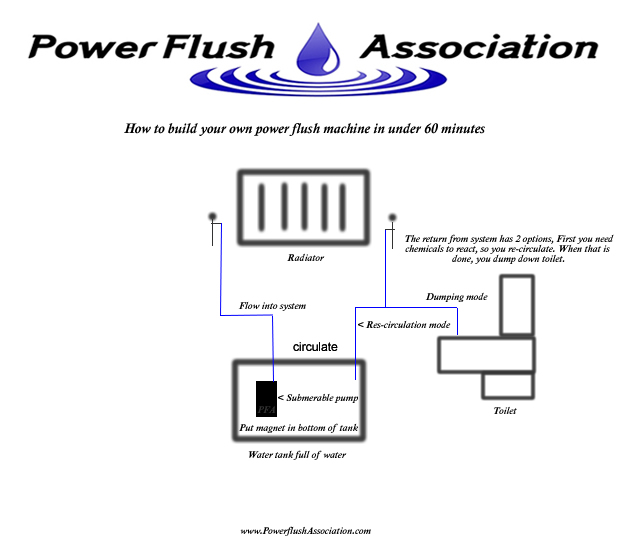
Clearing the system with a power flush can save a lot of time and money.
Increase system life span
It can also be a way to prolong the life of your central heating system.
Unneeded pressure or strain can be placed on the design. However, if it is cleared out, it might be able last much longer without needing to be repaired or replaced parts.
Increase Boiler Lifespans
If boilers are continually dealing with low-pressure or dirty water, they can also have maintenance issues. The boiler can be restarted by flushing out the blockage.
Restore boiler pressure
Low boiler pressure can cause the central heating system not to pump the water properly.
It is possible that the boiler or radiators are not pumping water properly due to a sludge blockage in the central heating pump and this can be fixed by removing it.
Reduce Noise
The system will work harder to move sludge around if it has to.
Water Quality Improvement
You can let your water get dirty, whether hot or cold. This will cause you to have very filthy water.
If left untreated, this dirt can cause further blockages in the pipes.
What is the best time to get a power flush?
A power flush is usually required when the system is clogged with sludge, dirt, or other debris that could cause performance problems.
A power flush is more crucial if there are large amounts of water in your system (e.g. heating systems in larger homes or blocks of flats).
Although a power flushed system may still present problems, such as physical damage that could cause leaks unrelated to the sludge, it is the best method to remove any blockages.
You should ensure that the sludge is removed before you perform a power flush.
Experts recommend performing a thorough power flush to your system before installing a boiler or overhauling any part.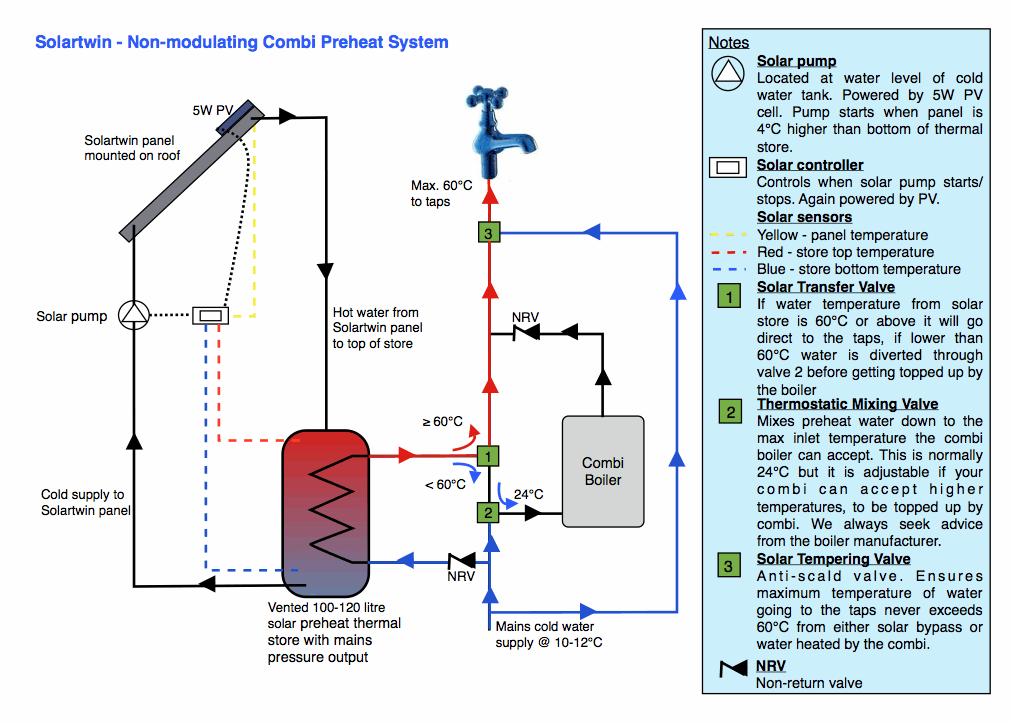
There won’t be any existing sludge, and this will prevent a buildup of sludge in new areas of your system.
Sometimes it’s just a good idea for a power flush to clear any blockages.
If you move into a house with an old boiler system, it is possible to flush out any accumulated debris.
Do I need a power flush?
Before you begin looking at the cost of a power flush for a central heating system, you must be sure it is necessary.
It is a waste to attempt to power flush a central heating unit that doesn’t need it.
A chemical flush can even cause pipe damage if it finds no sludge.
The most common signs that a blockage can be removed by power washing are:
Cold Spots
Cold spots, which are often found at the bottom or in the radiator design, are an indication of a blockage.
The colder it is, the more serious the blockage. However, this could also be due to a blockage or a leak.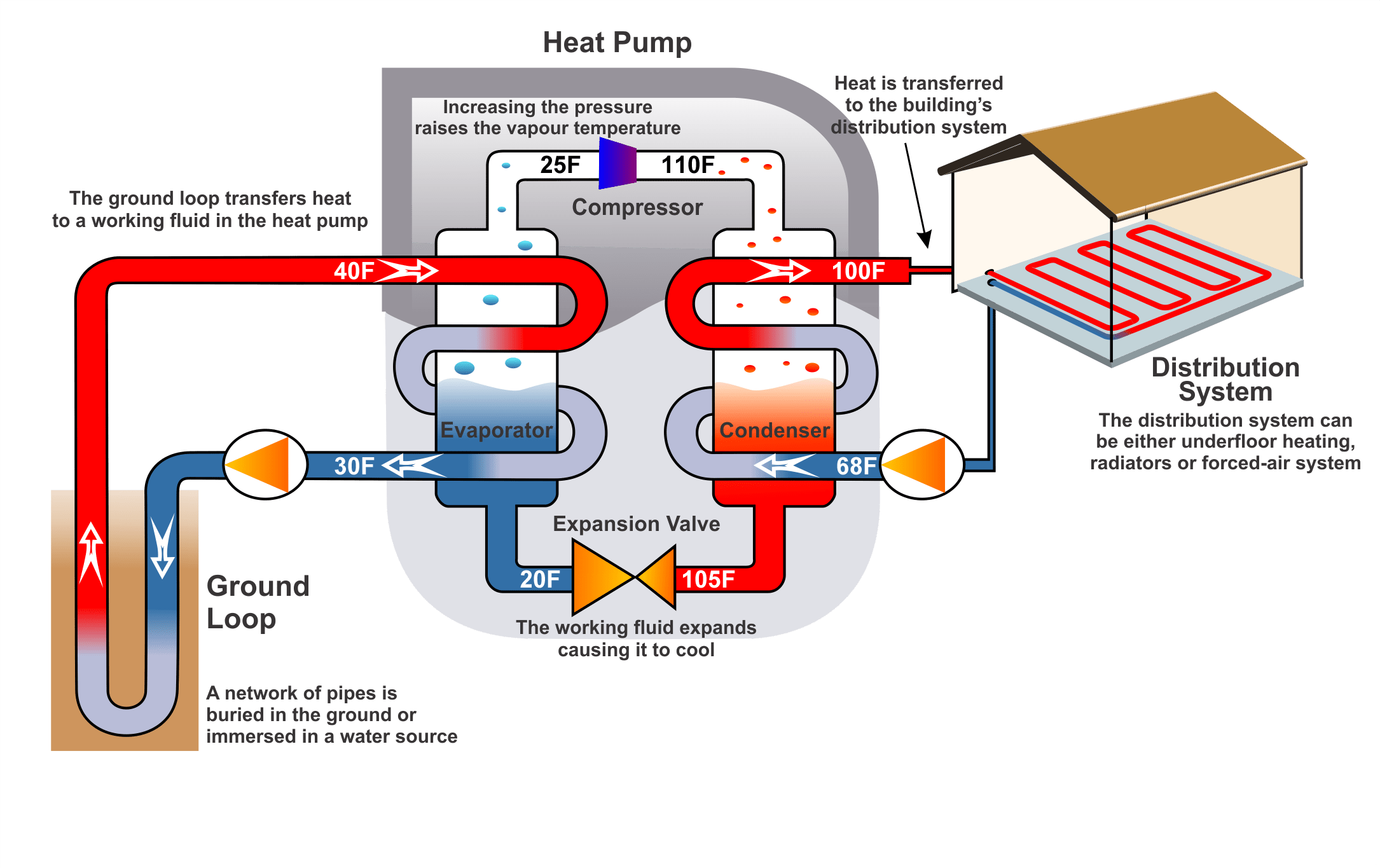
Constant Leaks
Boiler leaks can also indicate that your central heating system is clogged with sludge.
High-pressure water can cause pipes to wear, particularly around sharp corners. These can lead to leaks, especially if the pipes are corroded or burst so it may be good to reduce the pressure in your system if you can.
Constant Bleeding
You may need to flush your radiators more frequently than usual. This is likely because there is not enough water in the pipes.
Although it is easy to flush them out, many people have to call a professional.
Poor Performance
Power flushing can be good if your system makes loud or slow heating-up sounds. You may also need to consider other reasons.
Keep in mind that damage to a magnetic filter can be evidence of an issue.
A magnetic filter can still be beaten if there is a lot of debris.
What Does Power Flushing Cost You?
Power flushing costs can be split into multiple components.
There is a cost for the power flushing machine and gear and the expert fees. There might be an additional charge for initial inspections to inspect your system.
This does not include the number of radiators required, the chemical flush fluid needed or small details such as dust sheets you might want to place to protect the floor.
Different companies may have different pricing structures that can impact the overall cost.
Power flush services: What is the cost?
If you have someone else do the work (such as a heating engineer), you will pay them.
A house with six radiators will cost you between £300 and £350. This increases as more radiators require power flushing.
For a professional to complete the work on a seven-radiator household, a payment might be required £400.
A 10-radiator household may need to pay £500.
If you use a local heating engineer, the cost for the entire process is between £400 to £500.
It is more expensive to power flush each radiator if you have more significant buildings, such as ones with 15 or more radiators.
This can quickly run to over £600, without considering additional costs.
British Gas offers reliable power flushing services. However, their prices are often 30% to 40% higher than what you would pay for local engineers.
They can power flush multiple radiators to high standards of satisfaction but will charge you more overall.
Central Heating System Repair Costs
Sometimes, a power flush can unclog your central heating system and reveal other problems, such as leaks or corrosion. These are not the types of problems that a power flushing machine will fix, but they can produce clean water for a short time.
However, you should get any other problems fixed as soon as possible.
It can be challenging to estimate the average cost of heating system repairs because it all depends on the issue.
For a minor problem that can be fixed in an hour, the average cost of heat system repairs will fall within the double-digit range. However, for larger projects, it might take a bit longer for them to calculate the actual cost.
If there are design issues, your power flush could cause a boiler to fail. If your combi boiler is rusty, a powerful power flush could cause it to burst, and you will need to repair or replace it.
Sometimes, this can happen if essential parts like the heat exchanger are already rusting.
You may need a new combi boiler. Please refer to our guide to the best combi boilers.
It should be treated as any other boiler fault or radiator problem.
Get a quote and check your warranties to determine if it is covered.
You might be eligible to receive money for repairs if the damage was caused by a power flush performed incorrectly by someone you hired or paid.
A Power flush is DIY-friendly if you have the time
You don’t have to pay for central heating system power flushing if you do it yourself. You need to consider what you will need for the power flush process to work.
There are many chemicals that you can use, the chemical involved is always the most difficult.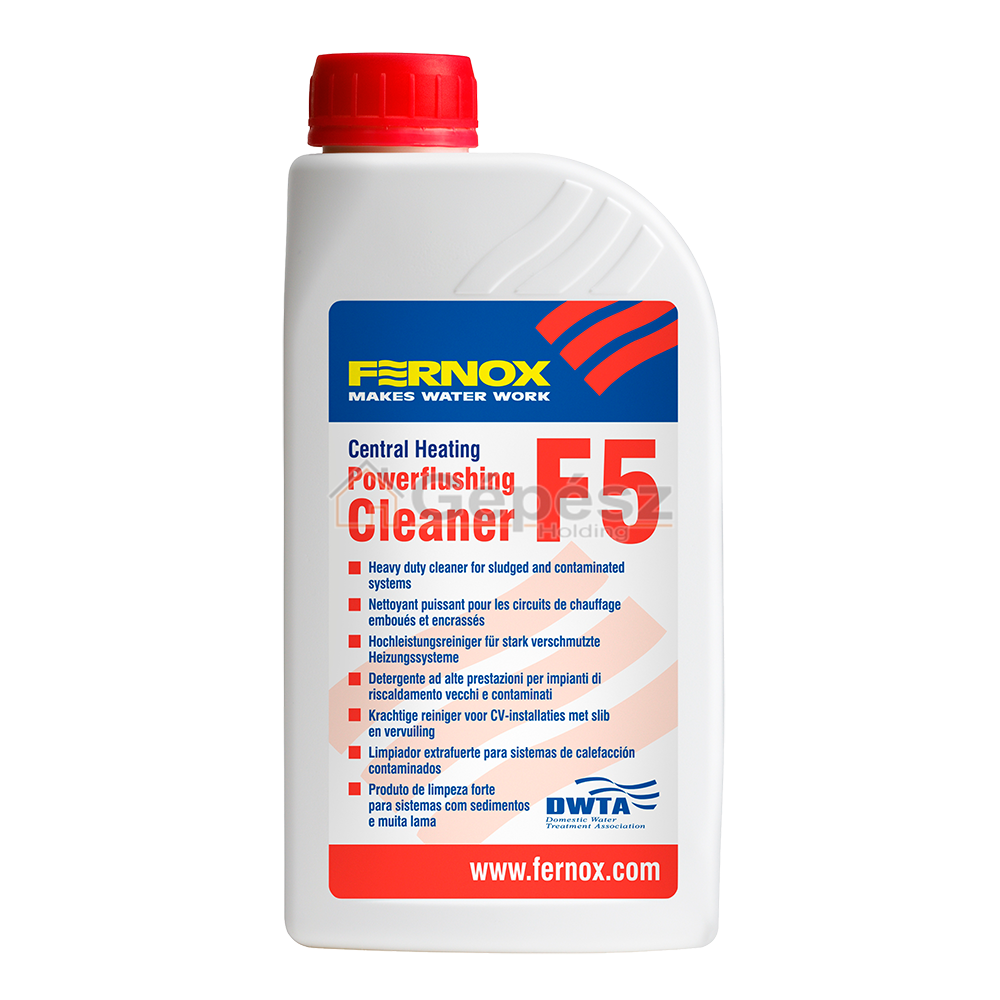
These chemicals can quickly drop below £20. Some are multi-purpose chemical mixtures that can be used with all boilers and radiators. These may cost up to £40.
Volume is also essential. You don’t need to buy more chemicals if your system has a smaller number of radiators.
This will allow you to keep the cost of a power flush lower. Prices for specific chemicals, such as corrosion inhibitors and descalers, can vary depending on their actual content and how they’re used.
A power flushing machine is required, as well as sheets to protect your home and chemicals. Most power-flush chemicals bottles have nozzles compatible with radiator valves.
What will I need to pay?
If you don’t do any work, the standard price for a power flushing service is about £350.
Prices will vary depending on the situation.
This is a quick overview of what you should remember when you prepare for a chemical flush.
Standard Power Flush
For a small home or an average one, a regular heating system power flush will cost around £350. This includes six radiators.
Each additional radiator will add approximately £20-£30. It will take between 3-4 hours. This time will increase if you have more radiators.
This means that six radiators would cost around £300 and take approximately 4 hours to install, while twelve radiators would cost around £420 and take about 5 hours.
British Gas and other large companies may have higher prices overall.
Materials
Some companies might charge separately for materials. They can charge according to how many bottles they use.
One bottle of boiler flush chemicals and one for radiator flush chemicals will cost them £60, but they can only use six radiators.
People with seven radiators might have to pay £120 because they technically need to use two bottles.
Others will raise the price depending on how many radiators are needed. This is usually around £10 per radiator.
Many companies and freelancers will not charge extra for materials and simply add the additional costs to their regular fees or ignore them altogether.
Power Flushing and Repairs
Many things could go wrong when you flush your central heating system or boiler.
You have to repair any damage caused by heating system power flushes.
For small jobs like fan replacements and adjustment of one pipe, a boiler repair job typically costs around £150.
For more severe issues like replacing a heat exchanger, the cost can climb to £400.
Radiators are typically less complicated than a boiler and can be checked more quickly. This means that an engineer won’t always charge a high price.
A small task of this nature will still cost less than £150, but the severity of the problem and the number required to be replaced can affect the price.
Power flushing before boiler replacements
You may need to perform a power flush before you purchase a new boiler. A new boiler will cost you from £500 to £1500, depending on your type of boiler. This is not for the actual product.
Once the boiler is purchased, the installation cost can be anywhere from £500 to £1500, depending on the complexity of the job. Your bill may go up if your new boiler is different from your old one.
Radiators are usually priced at around £320, but many fall below £150, and some barely reach triple-digit pricing.
If the pipes need to be adjusted to make them fit correctly, the cost of replacing them can rise by as much as £100 to £200.
Where can I get a power flush?
It doesn’t matter if you need a new boiler or a clean-up job on an old one; it’s easy to search online for places that can book a heat system flush.
It is easy to check the latest entries on various engineering list websites.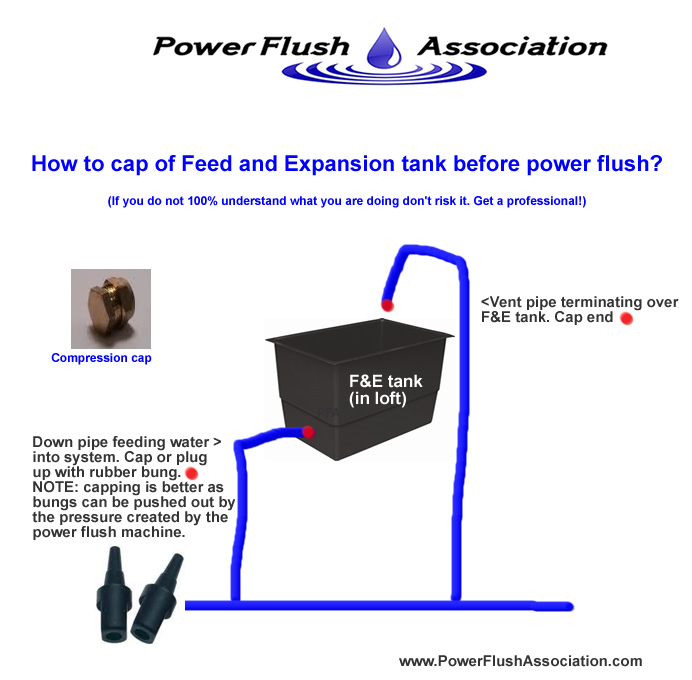
You can also search your local area for anyone willing and able to fix a heating system or boiler.
Check online for the best boiler engineers.
You don’t have to be a big company for all they offer, but you can get quotes on boiler flushes or potential replacements by providing a few details like your name and email.
What is a Chemical Flush?
Rust, sludge and debris can build up in your boiler, pipes and radiators over time and prevent hot water from flowing efficiently around your central heating system. A chemical flush can break down the sludge clogging your system to help hot water flow more easily and ensure your system operates at its best.
Read on to discover everything you need to know about chemical flushing, including the benefits, how often you should get one, and what it costs.
Why should I get a chemical flush?
When your central heating system develops a build-up of debris, it can affect the energy efficiency of your system and prevent hot water from travelling around your home.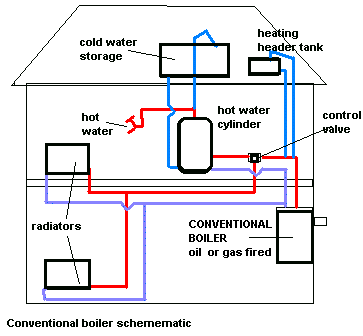
If any of the above issues sound familiar, a chemical flush could be what you need to solve the problem. A chemical flush is designed to deep clean your system and remove rust and debris from your boiler, pipes and radiators.
The benefits of a chemical flush
Cleaning out the build-up of debris inside your central heating system has many benefits, such as:
- Increase the lifespan of your boiler
- Boost the effectiveness of your heating system
- Improve the energy efficiency of your heating
- Protect your system from rust and debris
- Save energy and money in the long term
How often should I get a chemical flush?
Your engineer will likely carry out a chemical flush after installing a new boiler, radiator or pipe system in your home. Once installed, you may need to get a chemical flush now and then to rid your system of dirt and debris.
Most boilers only require a chemical flush a few times throughout their life, and how often you should get one will depend on your boiler. The tell-tale sign that your system might need a chemical flush is your radiators are cold at the bottom when your heating is on.
How much does a chemical flush cost?
The cost of a chemical flush can vary, depending on the age and size of your central heating system and the company you choose to carry out the work. Chemical flush prices range between £300 and £700 on average, but you may end up paying more if the job is complex. Also, keep in mind that your engineer may spot other underlying problems that need fixing when performing a chemical flush, which will increase the cost.
How long will a chemical flush take to complete?
It depends on the size of your central heating system and how much debris needs removing. A chemical flush usually only takes a few hours, so not too long. When your engineer completes the job, they will check your system is working as it should, and you will notice the improvements and feel the benefits within as little as a couple of hours.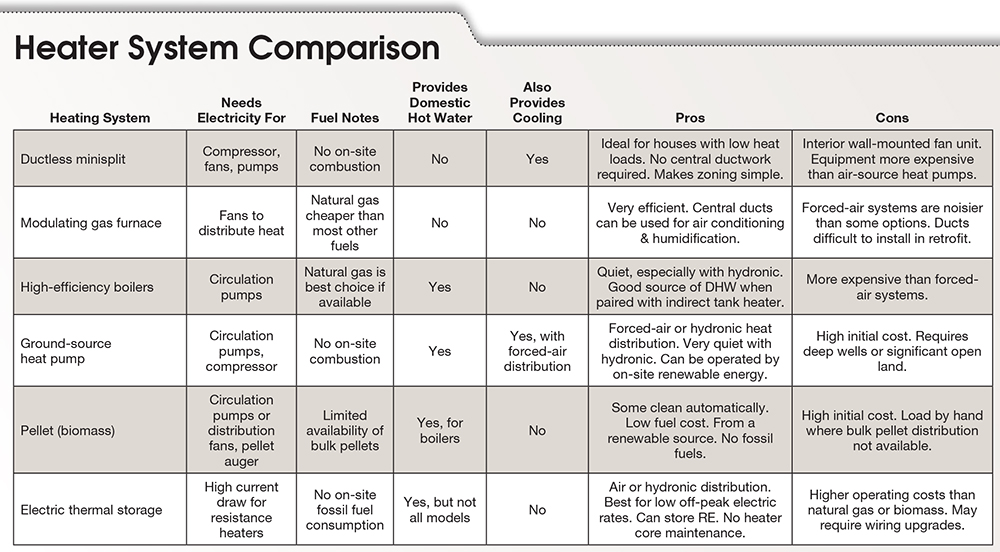
What is the difference between a chemical flush and a power flush?
A chemical flush is a more basic cleanse than a power flush, which uses high pressure to push a mixture of chemicals through your boiler, pipes and radiators to dislodge sludge and debris.
Unlike a power flush, a chemical flush uses gravity to flush a blend of chemicals into your system, leaving the chemicals to circulate and break down the debris. After this process, clean water is flushed through the system to remove the loose debris and sludge.
What is the difference between a chemical flush and a Magnacleanse?
A Magnacleanse will give your central heating system a thorough clean and remove stubborn, unwanted debris and magnetite that have built up over time. Your engineer will put a magnetised agitator inside each radiator to attract the sludge and debris, which they will remove and dispose of once your system is clean.
Your engineer may also recommend installing a magnetic filter on your system to provide ongoing protection for your boiler and radiators.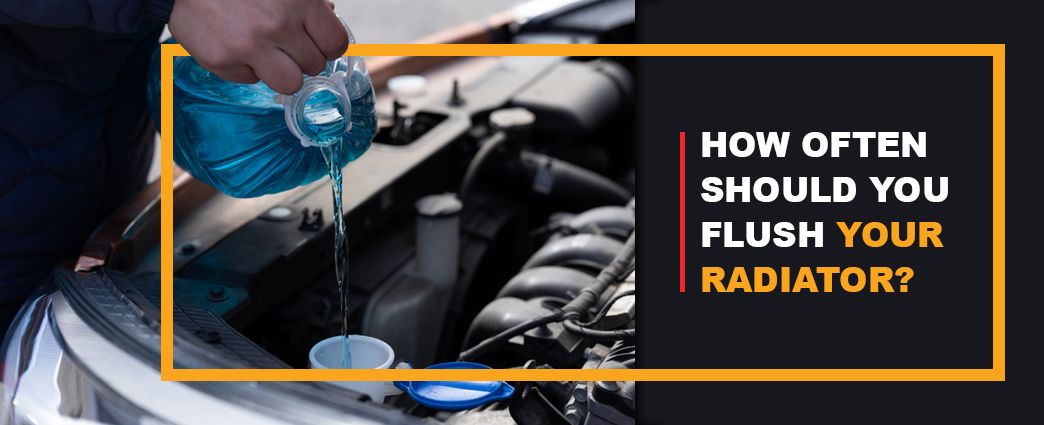
Who should perform a chemical flush?
You should hire a Gas Safe registered engineer to carry out a chemical flush. Attempting to perform one yourself could lead to damage or further problems and invalidate your boiler warranty. Besides, a chemical flush is a messy job best left to a professional.
While the thought of spending between £300 and £700 to get a qualified engineer to perform a chemical flush may not please you, it is a job worth doing because it will improve the energy efficiency of your system and help to reduce your heating bills.
How much does it cost to flush the heating system?
How much does it cost to flush the heating system? | BWT
home
>
Articles
>
Flushing of heating systems and heat exchangers
>
How much does a heating system flush cost?
Articles
08/27/2020
With the approach of cold weather, but even before the start of the heating season, many begin to wonder how much it costs to flush the heating system ? This issue is very relevant, because for 5 years the heating pipes in their internal section are almost 50% filled with foreign deposits – scale and other salts.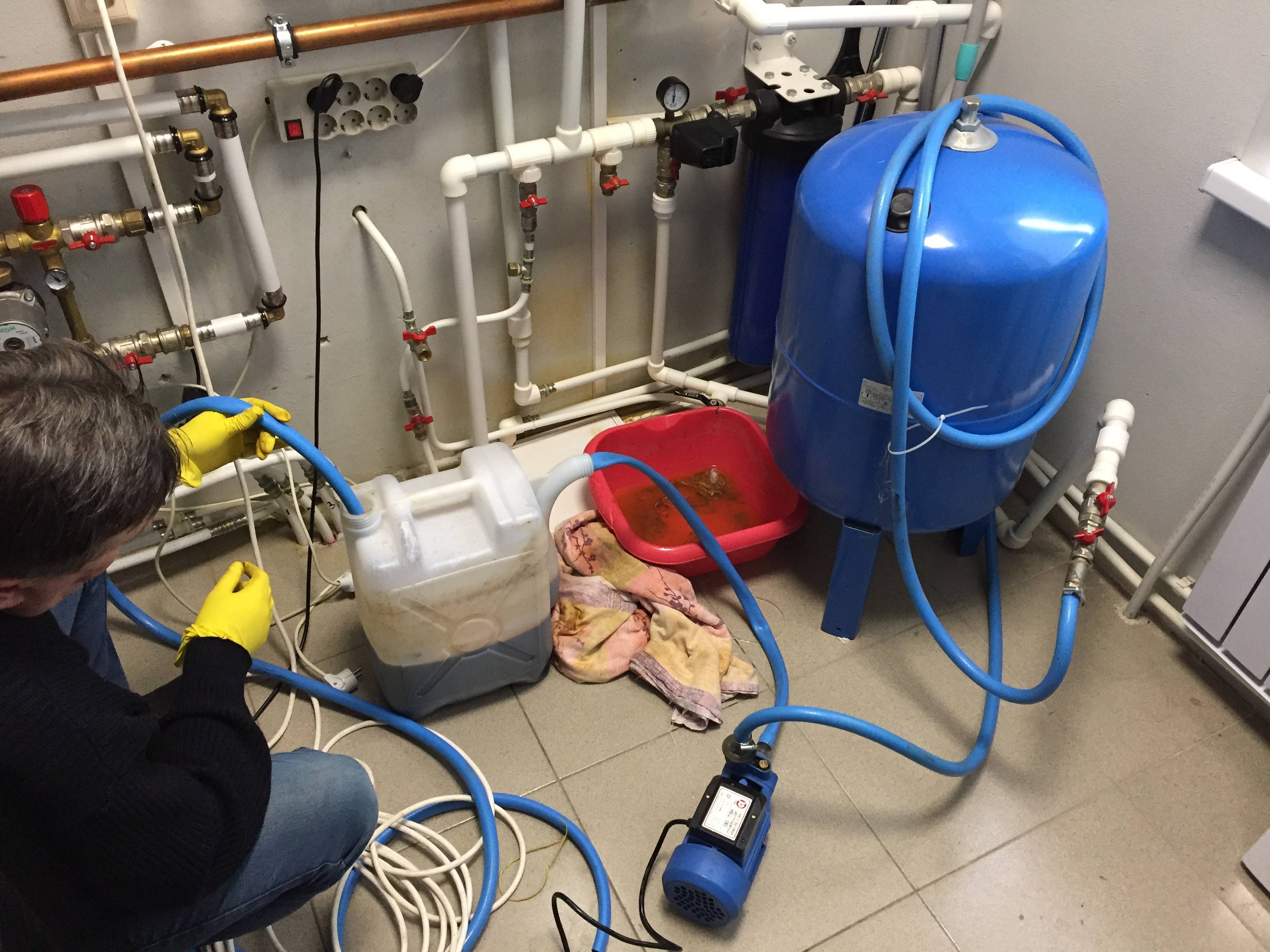
Those who encounter this problem for the first time are very interested in the financial question: how much does it cost to flush the heating system . There are no clear boundaries, since there are a lot of methods and ways of washing. In addition, the cost of flushing depends on the size and length of the heating system (pipes, radiators, batteries). Then the state of pollution of the heating system, the chemical composition of pollution and their quantity also affect. Depending on the type, state of pollution, location and design of the heating system, special equipment is selected, the operation of which costs differently.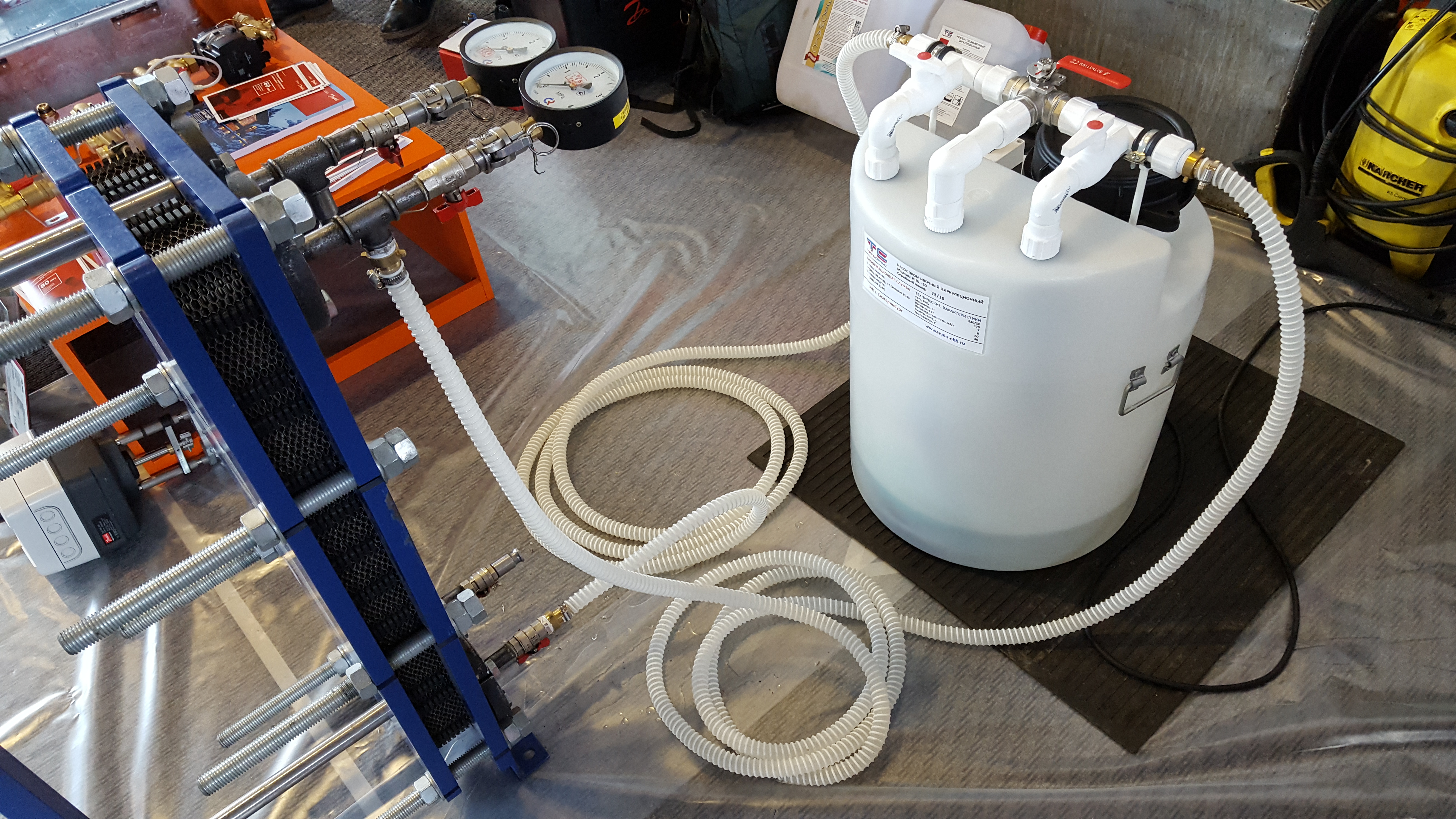
BWT solutions for cleaning heat exchangers:
Washers
Reagents
To get a consultation
For example, in a private house with a short service life of the heating system less than 5 years, flushing can be carried out independently using chemicals and special small-sized equipment. But, if professional or complex washing is necessary, for example, a multi-storey building, it is carried out only by special companies. In addition, you should be prepared for the fact that different companies, depending on the methods used, equipment and reagents, the price may differ by 2-3 times. Therefore, we can say with confidence that the cost in this case is a very individual issue and is calculated on an individual basis.
It is worth paying attention to the fact that the more neglected the pollution and scale and the larger the work area, the longer it can take from one to five days.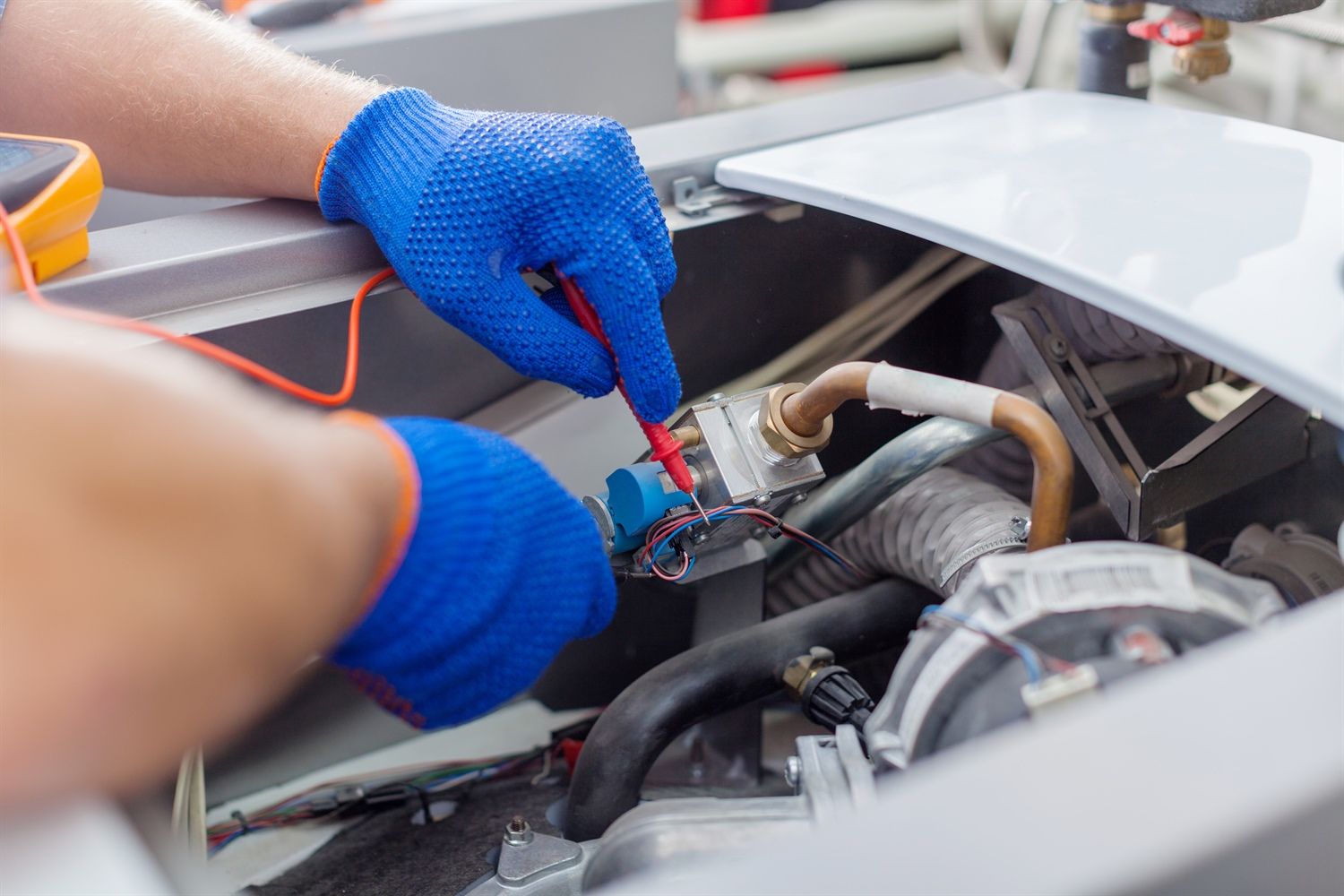
As mentioned above, how much it costs to flush the heating system by the most direct method is influenced by the choice of method, so it is worth considering the most popular ones.
Chemical flushing is the cheapest and most popular way. It can be carried out independently, simply by purchasing the right reagents and the necessary equipment, or better with the help of special companies. In some situations, self-flushing, even with the purchase of new equipment, will be cheaper, especially given the fact that it must be carried out annually.
The choice of chemistry for flushing depends on the material of manufacture of pipes and batteries, the type of pollution (scale, metal salts), their quantity, and their active substance. Many companies involved in the sale of these funds, on their website, simultaneously with the purchase offer, place detailed instructions on why and how to use each specific drug.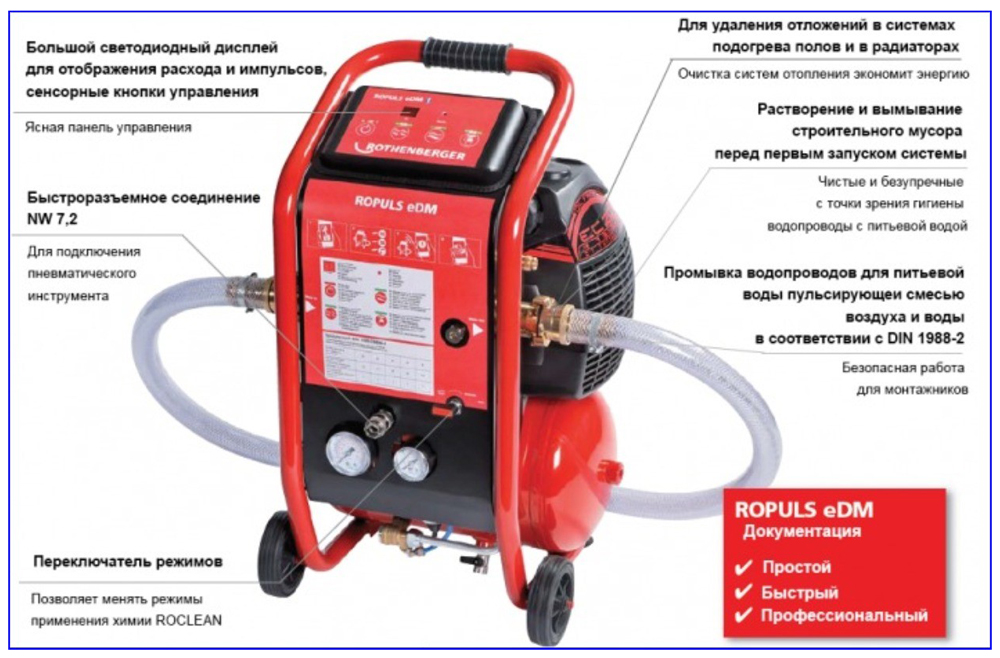
Flushing with pneumatic impact requires the use of special equipment that forms a wave. Under the action of this shock wave, the deposits are loosened and removed from the system. Hydropneumatic cleaning involves a mixture of shock waves of water and air. It is also carried out with the help of sophisticated equipment. Using this method, the pipe is cleaned of rust, suspensions and fractions.
The choice and implementation of the above two methods alone is not feasible, because a whole team of professionals is working on it. But hydrochemical cleaning is easily feasible. It is only necessary to choose the right chemical preparation and apply it. For food companies, even preparations based on natural ingredients are offered.
The answer to the question: how much does it cost to flush the heating system is simple, because in any case it is cheaper and easier to completely or partially replace the pipeline and batteries.
BWT
BWT
Pool care in summer
Pool care in summer
Every pool should be thoroughly cleaned at least once a year. We collected in one…
BWT
BWT
Conservation of the public pool
Conservation of the public pool
For public swimming pools, there are two types of conservation: dry and wet. Main difference …
BWT
BWT
Article “Close-up” (Consumer magazine – Everything for construction and repair, winter 2012)
Article “Krupny plan” (Consumer magazine – Everything for construction and repair, winter 2012)
BWT
BWT
Choosing a pool for a suburban area
Choosing a pool for a suburban area
The best solution is to get your own pool. How to choose the right model so as not to be disappointed.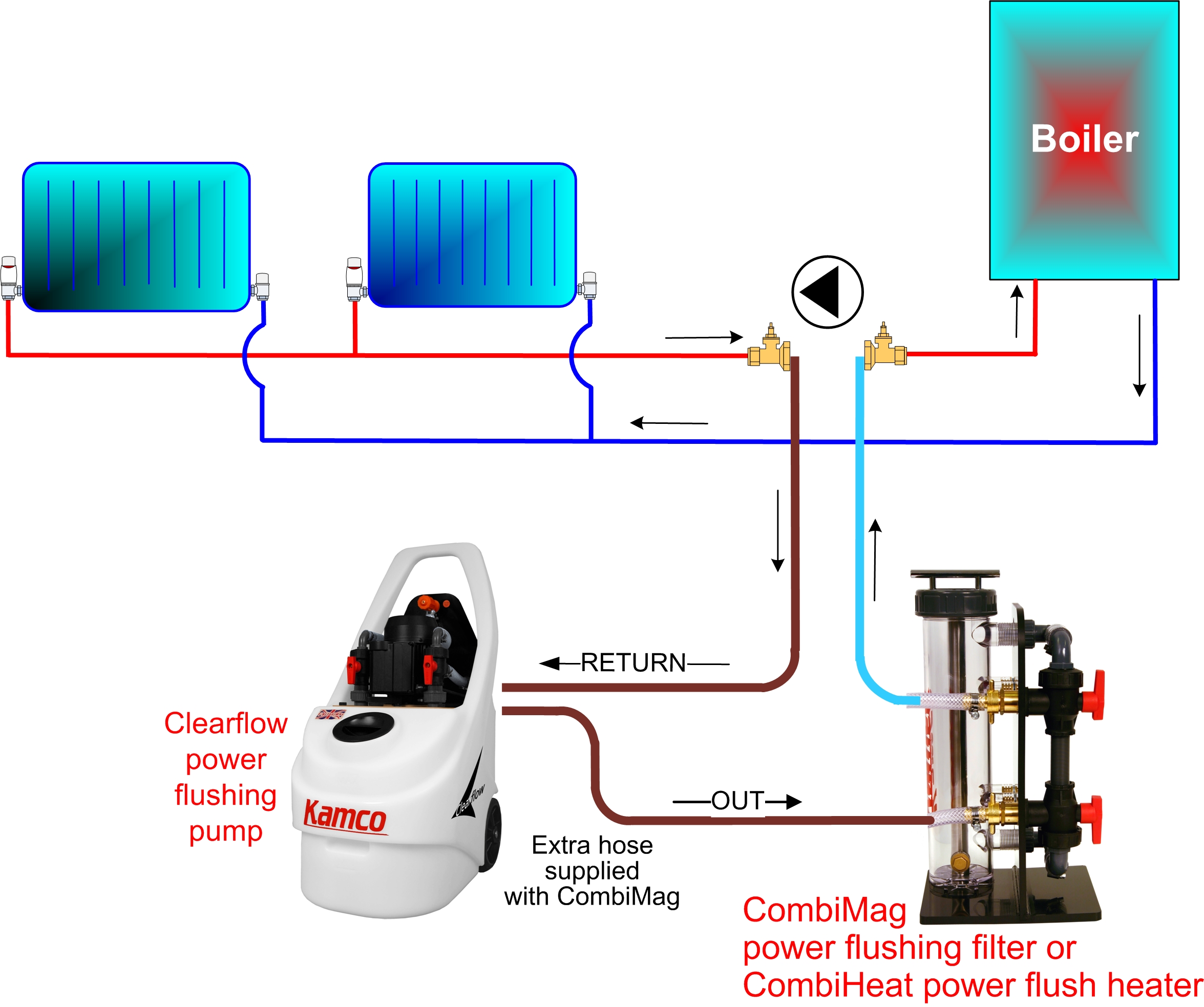
All articles
Knowledge base
We use cookies to provide you with the best user experience. By continuing to use the site, you agree to the terms of use of cookies.
Agree
Login to the site
Recover password
Enter the authorization code from the letter, after which you will be redirected to the “Personal Account” to change the password.
Registration
Receive news about promotions and discounts
Notify when in stock
Get advice on discontinued product
Get a quote for dispenser rental
Buy from a dealer
Order in bulk
Get advice
Private person
Get an offer
Report admission
By clicking on the “Submit” button, you agree to the privacy policy
Get price on request
Private person
Thank you!
Error!
–>
How to find out how much it costs to flush the heating system?
Home \ Repair of boilers and systems \ Flushing \ How much does it cost to flush the heating?
|
We offer a qualified approach for the organization of hydrochemical and pneumatic flushing of the heating system at your facility in a city near Moscow. As part of maintenance and preventive maintenance, there are promotions with good discounts until September 1 of each year. Specify. Call. |
|
Heating Service Center 8 (495) 761 16 82 Duty technical service 8 (901) 540 45 21 around the clock |
The company has been specializing
in various methods of chemical and hydropneumatic washing of heating equipment for 20 years in the Moscow region and neighboring regions of the Central Federal District. We normalize processes and improve performance in systems at facilities with autonomous heating by removing metal salts and scale.
The use of special pump pneumatic equipment and chemicals is governed by technical standards and the experience of a team of engineers. The information provided by a team of experts of a specialized enterprise on the analyzer-w.
Additionally, you can get acquainted with the information about our specialized company, what areas of activity we provide in Moscow and the Moscow region:
And also, before submitting an application for technical measures, specify what range of technical services the service center of boilers and heating systems offers for residents of Moscow and the Moscow region:
– ask the owners of a private house and commercial buildings. Questions come from all cities of Russia, more often from the Central Federal District. In Moscow, in the cities of Vladimir and Kaluga, the physical and chemical processes inside the heating system are the same, accompanied by the presence of oxygen and oxidation, the factors determining the cost of preventive flushing are similar everywhere.
A huge number of causes of malfunction, circulation disturbance and increase in hydraulic resistance in the heating circuit of a cottage or building are hidden inside pipes, collectors, heat exchangers and radiator batteries.
- service life,
- examination of steel pipes,
- quality cast iron radiators,
- state of the heater heat exchanger,
- physical and chemical processes,
- quantity and composition of metal salts and scale.
It is clear that one action that is directly included in the complex and the beginning of cleaning the heating system is the analysis of the boiler and the absolute heating piping in a residential building. You can do without it, yes, as well as without flushing.
The heating maintenance department will be able to make a preliminary assessment of flushing work for small objects, and of course the customer is better off taking advantage of this.
After answering a few questions, the owner of a country house, for example up to 250-300 sq m, is quite satisfied with the answer and the results of the preliminary estimate for cleaning the individual heating system.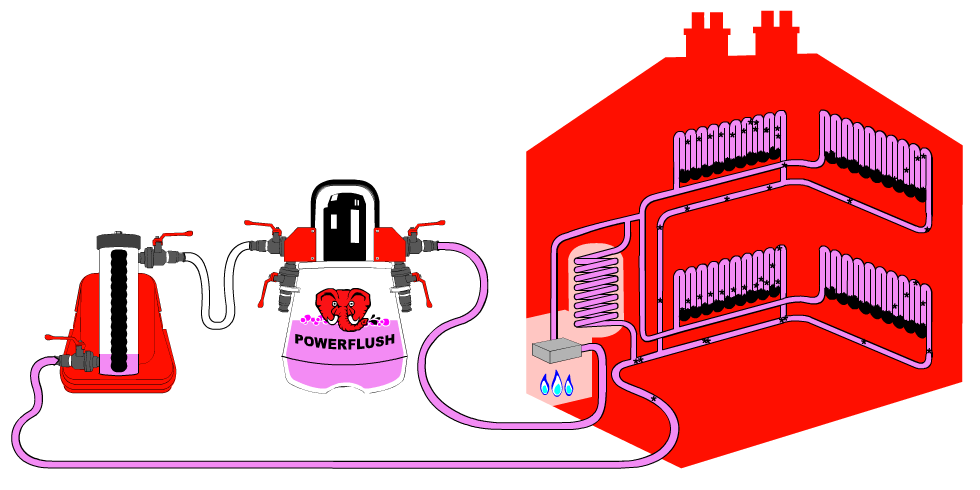
If you are a responsible person from an enterprise or the owner of private suburban real estate in Moscow and the Moscow region, and you need to discuss the assessment of the prevention of the heating system, be guided by the recommendations of a specialist and the issue will be resolved relatively cheaply with high quality of work.
Use remote free diagnostics and consultation by phone dej. company services.
It is unacceptable to require the submission of any unconfirmed invoices, especially the quantity and price of acid and alkaline reagents that are of interest to the customer, which is known only after a deep analysis of the heating equipment at the place of operation.
More about flushing here:
Timely flushing of the heating system in summer.
The cost of cleaning and pressure testing of the heating system in a private house.



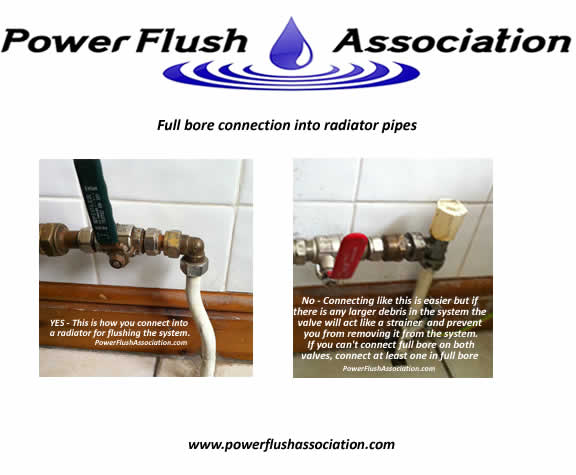 With your system flushed, there should not be any sludge inside to slow down the flow of water or heat transfer.
With your system flushed, there should not be any sludge inside to slow down the flow of water or heat transfer. Therefore, some companies post their price list, not in volumes, but in hours.
Therefore, some companies post their price list, not in volumes, but in hours.
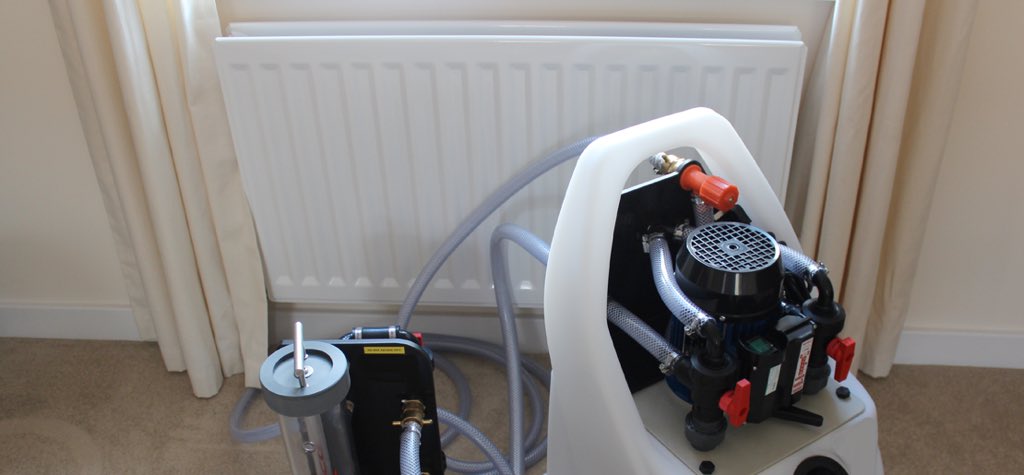 It should only be noted that hydrochemical flushing is highly effective for all types of deposits, scale, except for silt.
It should only be noted that hydrochemical flushing is highly effective for all types of deposits, scale, except for silt.
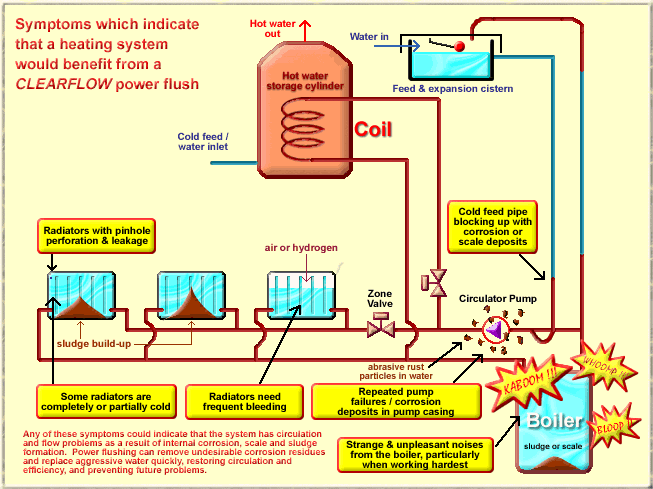
 ..
.. 
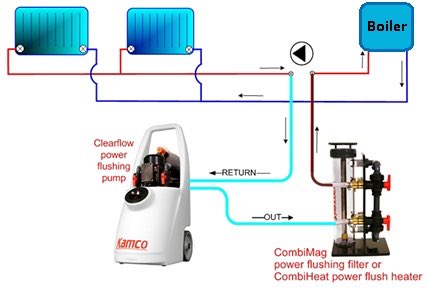 ru portal is unique and helps owners of heating equipment to understand many current problems.
ru portal is unique and helps owners of heating equipment to understand many current problems. 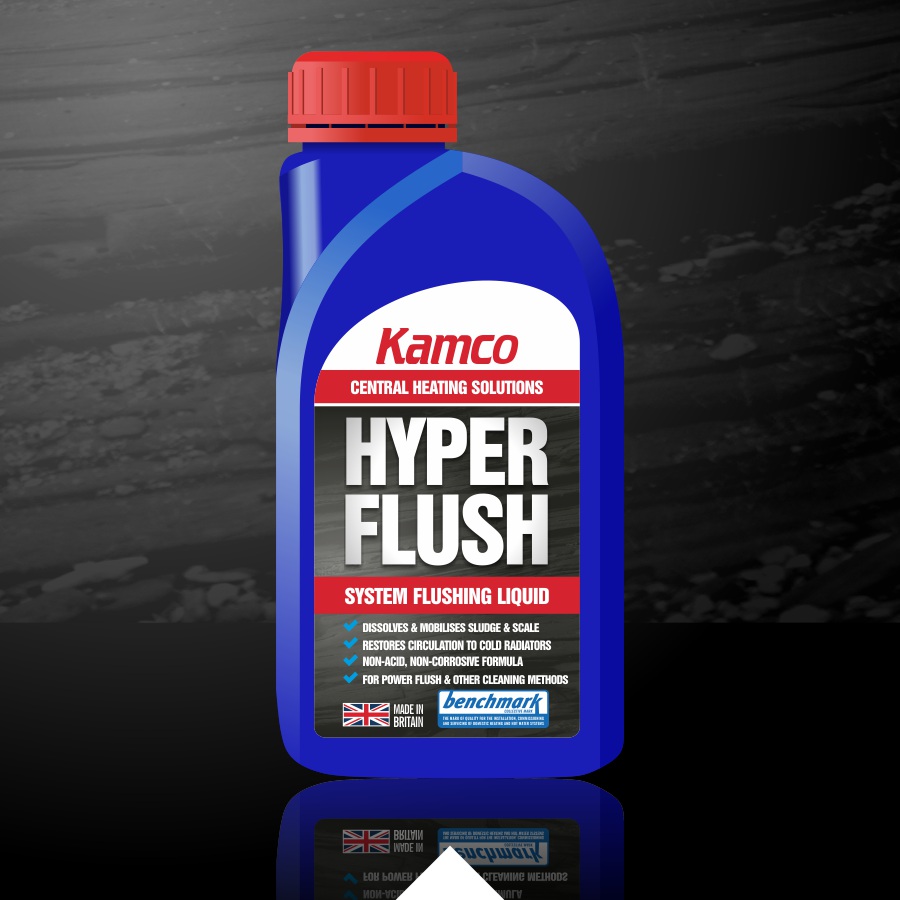 It turns out a lot of incomprehensible at first glance when considering some factors:
It turns out a lot of incomprehensible at first glance when considering some factors:  And the engineer on duty of the company will compile information for further organizational measures and dispatch of the service team to the place of flushing work.
And the engineer on duty of the company will compile information for further organizational measures and dispatch of the service team to the place of flushing work. 